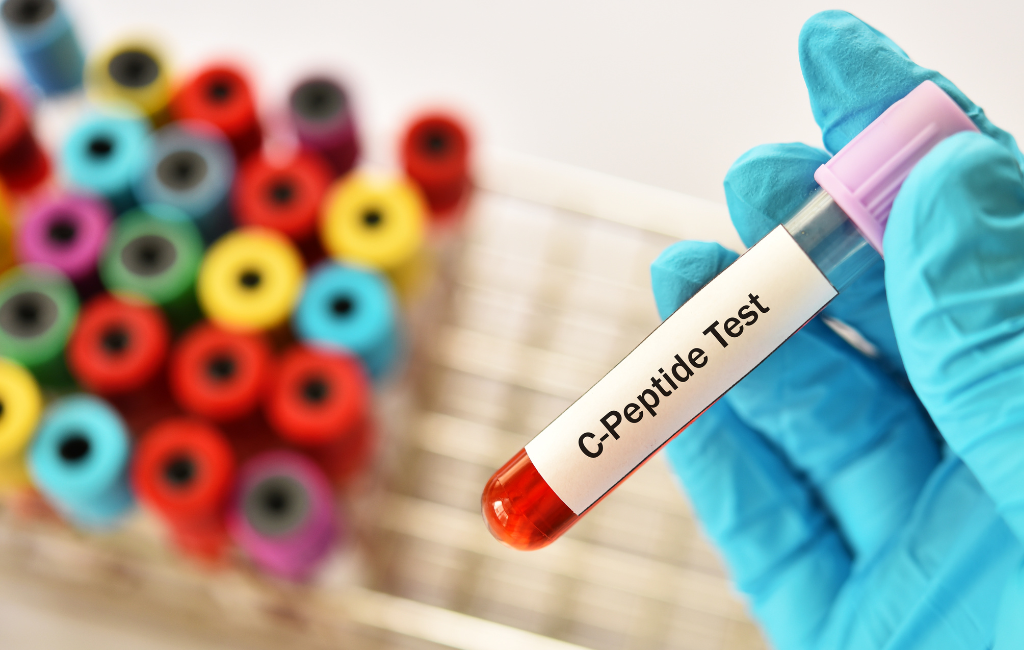Peptides for Joint Health
Joint health is a significant concern for many individuals, particularly as they age or engage in high-impact physical activities. Peptides have emerged as a promising solution for maintaining and improving joint health. This article explores the role of peptides in joint health, supported by scientific research, examples, and case studies.
Understanding Peptides
Peptides are short chains of amino acids, which are the building blocks of proteins. They play various roles in the body, including acting as hormones, enzymes, and signaling molecules. In the context of joint health, certain peptides have been found to promote cartilage repair, reduce inflammation, and enhance overall joint function.
Types of Peptides for Joint Health
- Collagen Peptides: These are derived from collagen, a primary component of cartilage. Collagen peptides are known to support cartilage regeneration and reduce joint pain.
- BPC-157: This peptide has shown potential in healing tendons and ligaments, which are crucial for joint stability and function.
- Thymosin Beta-4: Known for its anti-inflammatory properties, this peptide can help reduce joint inflammation and promote tissue repair.
Scientific Evidence Supporting Peptides
Several studies have investigated the efficacy of peptides in promoting joint health. For instance, a study published in the journal Osteoarthritis and Cartilage found that collagen peptides significantly improved joint pain and function in individuals with osteoarthritis. Another research article in the Journal of Orthopaedic Research highlighted the potential of BPC-157 in accelerating tendon and ligament healing.
Case Studies
Real-world examples further illustrate the benefits of peptides for joint health. One notable case involved a professional athlete who experienced chronic knee pain. After incorporating collagen peptides into their regimen, the athlete reported a marked reduction in pain and improved performance. Another case study focused on an elderly individual with arthritis who saw significant improvements in joint mobility and pain relief after using Thymosin Beta-4.
Mechanisms of Action
The effectiveness of peptides in joint health can be attributed to their specific mechanisms of action:
- Cartilage Regeneration: Collagen peptides stimulate the production of new cartilage, which is essential for joint repair and maintenance.
- Anti-Inflammatory Effects: Peptides like Thymosin Beta-4 reduce inflammation, which is a common cause of joint pain and degradation.
- Tissue Repair: BPC-157 promotes the healing of tendons and ligaments, enhancing joint stability and function.
Usage and Dosage
When considering peptides for joint health, it is important to follow recommended dosages and consult with a healthcare professional. Collagen peptides are typically consumed as a supplement, with dosages ranging from 5 to 10 grams per day. BPC-157 and Thymosin Beta-4 are often administered through injections, with dosages varying based on individual needs and medical advice.
Potential Side Effects
While peptides are generally considered safe, some individuals may experience side effects. Common side effects include mild digestive discomfort, skin reactions at the injection site, and headaches. It is crucial to monitor any adverse reactions and consult with a healthcare provider if necessary.
Conclusion
Peptides offer a promising avenue for enhancing joint health through their ability to promote cartilage regeneration, reduce inflammation, and support tissue repair. Scientific research and real-world examples underscore their potential benefits. As with any supplement or treatment, it is advisable to consult with a healthcare professional to determine the most appropriate approach for individual needs.
